Mary Hunter had an idea for an innovative marinating stick. She’s been following through on it ever since — winning a TV-show contest and gaining chefs’ approval.
Mary Hunter has always been happy to cook for her congregation at the Yes Lord Church in Gary, Ind. Her recipes, she told me, come directly from God. “I don’t have a cookbook,” she said. “God gives me my own.” Prayer is “where I get 99 percent of my recipes.”
Mrs. Hunter, who is 73, likes to cook big roasts for her church, “and if I had a difficult piece of meat I might marinate it in some beer and celery” with a blend of her secret seasonings. When she learned that she had diabetes and high blood pressure, though, she had to cut out her salty marinades and cook the meat more blandly.
Then, one day, God had an idea. “I was writing down some recipes and God said to me that I should take that ink pen and stick holes all through it and put a clip on one side so that you can open it” — lengthwise — “and then put your onions and your garlic and your aromatics down the middle and put it inside your meat — then, you won’t have to eat bland foods.” And so was born her invention, a long stainless steel device that, according to tests in restaurants and elsewhere, far outperforms those herbal injectors and other disappointing methods for introducing flavors into the interior of a big piece of meat.
Later this month, Mary’s Marinating Sticks are scheduled to go on sale in Target stores. Mrs. Hunter’s invention follows the classic arc seen in movies: she had a good idea, got it patented and found a market.
But that’s the movies. In real life, it’s never that easy. For starters, Mrs. Hunter’s divine idea came to her in 1994. She’s been following through ever since.
It’s safe to say that many very good ideas never get out of the pew — or off the barstool — where they were conceived. Inventors are often quick to explain that a brilliant idea is the easy part and that the real work comes in navigating through the mundane problems and scut work of getting to market. Mrs. Hunter’s sticks are proof of that claim.
Not long after her vision, Mrs. Hunter took the advice of a Gary alderman to attend a class on patenting, offered at a Chicago library. Thus she learned the ropes. Three years later, she had a patent and an industrial designer, David Smith, an adjunct professor at the University of Illinois. He has designed products from cellphones to ergonomic chairs to cheese boards for stores like Crate & Barrel, Sears and Sharper Image. Mrs. Hunter got the idea committed to paper, a schematic of how the device should be engineered. Mr. Smith created several proof-of-concept versions, but they all proved frustrating.
“I had spent an entire summer making a prototype and made 20 renditions and none of them worked,” Mr. Smith recalled. He also attends Mrs. Hunter’s church and one day went to her house with bad news.
“I told Mary I couldn’t do it, but she said: ‘God told me you are the one to do this.’ And I’m sitting there in Mary’s dining room, when God showed me an old commercial for the Maxwell House percolator.” That memory of the commercial made him realize that the device would not only have to hold the spices and aromatics but also allow enough flow to permit juices to move in and out. He went back to the shop and hammered out a new stainless steel model.
To test it, Mrs. Hunter and Mr. Smith gave versions of the stick to two establishments in Chicago — Jilly’s, a piano bar on Rush Street, and Mas, a restaurant in Wicker Park. The positive reactions from the chefs eventually led to a deal with All-Clad, a maker of kitchen products. It was 2004, and Mrs. Hunter was on the brink of commercial success.
To read more please visit: http://www.nytimes.com/2013/10/20/business/an-invention-that-marinated-for-19-years.html?_r=2&
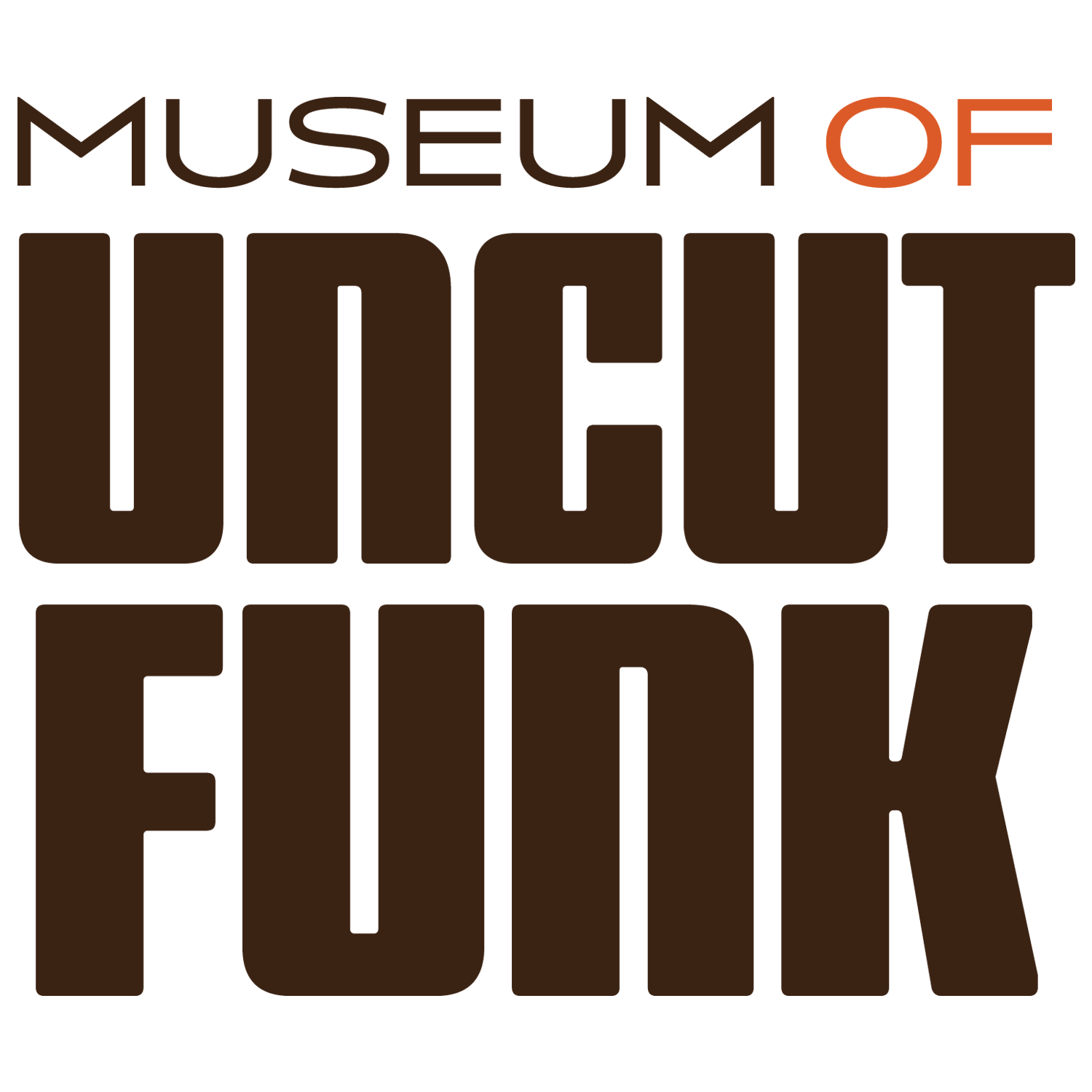
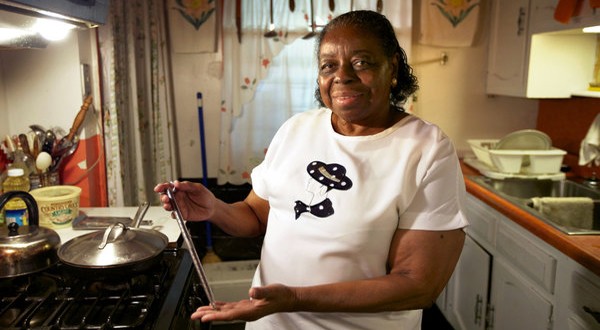
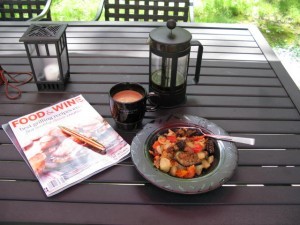
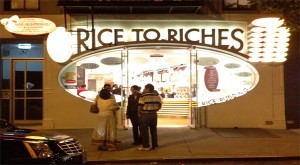
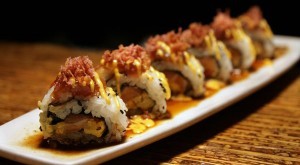
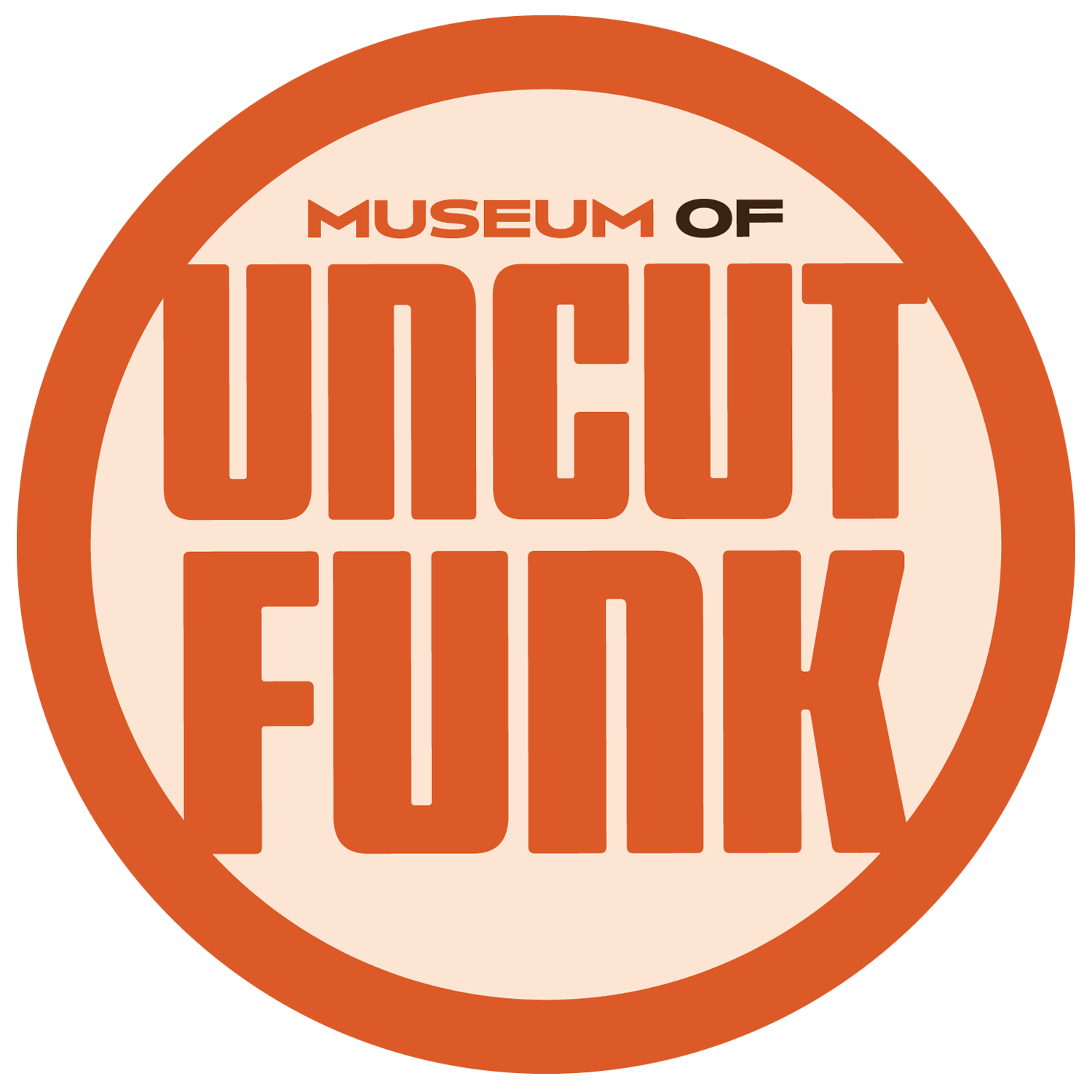
1 Comment
Thank you for sharing my moms article. God bless you.